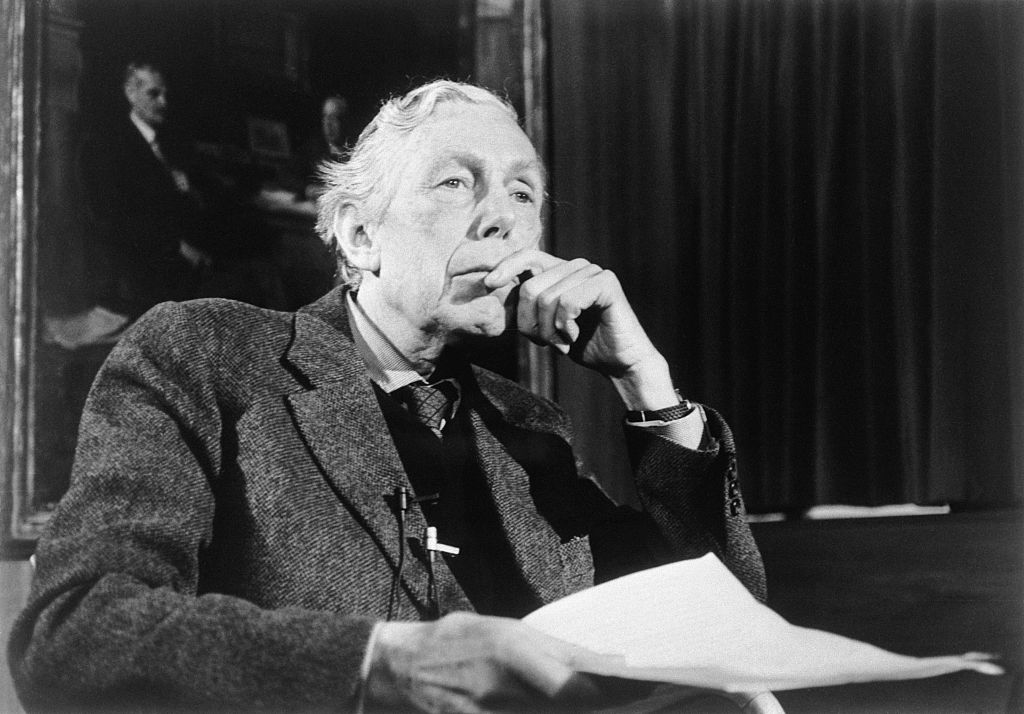On the 21st of February 2024, Adam Bodnar, Minister of Justice in Donald Tusk’s Polish government, presented an Action Plan for “restoring the rule of law in Poland.” Bodnar was trying to unlock funds held back for years by the European Commission, whose officials alleged rule-of-law concerns.
Bodnar had no luck. According to Věra Jourová, EU Commissioner for Values and Transparency, the plan presented by Minister Bodnar was “a step that could lead to the termination of the procedure against Poland, but there is still a lot of work to be done.”
Or, maybe not.
Mrs. Jourová must have been surprised to learn that the European Commission has proposed to lift the EU’s rule-of-law procedure against Poland under Article 7 of the Treaty of the European Union without any of the additional difficult work she said was necessary.
Even more astonishing is the fact that most EU member states are showing support for the European Union’s proposal.
However, one EU member state is showing a more sceptical attitude. In a letter addressed by its Minister of European Affairs János Bóka to Věra Jourová on the 17th of May 2024, Hungary expressed its doubts about the legal basis of the European Commission’s proposal.
Bóka noted that nothing has fundamentally altered Poland’s judiciary landscape since the election of its new “democratic” and “pro-European” government.
Several questions arise from this, and the fact that it is up to Hungary to remind the European Commission of the rules it has set itself only makes the questions more urgent.
Why does the European Commission drop the requirement it set of actually implementing reforms? Why does it accept political promises without any action as adequate solutions for the closure of the Article 7 procedure?
Furthermore, why does it not set any deadline for implementing the reforms?
The conflict between the European Union and Poland — begun under the government led by the conservative nationalist party, Law and Justice (PiS), which lost power in 2023– regarding the rule of law centred on specific judicial reforms introduced by PiS since 2015:
- The first major controversy arose when PiS changed the rules for appointing judges to Poland’s Constitutional Tribunal and later disregarded the order of appointment of judges made by the previous government. The EU criticized these actions as undermining the tribunal’s independence.
- In 2017, Poland passed laws that lowered the retirement age of Supreme Court judges from 70 to 65, effectively allowing the government to replace a significant number of sitting judges. This move was perceived by the EU as a way to exert political control over the judiciary.
- The third point of contention, concerning the disciplinary measures for judges in Poland, involves specific reforms that introduced a new disciplinary chamber within the Supreme Court. Established by the Polish government, this chamber has the authority to oversee judges’ professional conduct, including the ability to lift their judicial immunity to enable criminal prosecution, reduce their salaries, and impose other disciplinary actions. The European Union criticized this reform because it perceived the disciplinary chamber as a tool that could potentially be used to control or penalize judges for their judicial decisions, particularly those unfavourable to the government.
If these situations are to be changed, it will require more than a vague resolution voted by the parliament. Yet so far that is all the European Commission has received.
The most problematic aspect concerning the European Commission’s consideration of lifting the Article 7 procedure against Poland, as underlined by Hungary’s Minister of European Affairs, pertains to the Polish Constitutional Tribunal.
The European Commission itself noted that the Constitutional Tribunal “does not satisfy the requirements of an independent and impartial tribunal previously established by law.” Despite ongoing infringement proceedings against Poland (case C-448/23) and a judgment by the ECHR highlighting violations of the right to a tribunal established by law (related to the independence and impartiality of the Constitutional Tribunal), the Commission still considered lifting the Article 7 procedure.
This suggests a disconnection between the EU’s enforcement mechanisms and its foundational legal standards.
In short, nobody knows how the changes will be implemented, and the European Commission doesn’t really want to know, because it doesn’t need to: it is not what it really wanted.
Even legal experts who sincerely believed in the probity of the European Commission’s arguments, and the relative honesty of its specific interpretation of the law, can now clearly see what was behind the mask.
The aim of the European Commission is not only to reward the Poles for electing the right government, but also to give Donald Tusk carte blanche to do as he pleases. Ursula von der Leyen did not just want to punish PiS: in truth, she was disgruntled that Tusk’s Civic Platform could not continue to run Poland in what its critics call a “mafia-like way.”
It should also be noted that the largest press group in Poland (Ringier Axel Springer), which supported Donald Tusk and also owns the BILD tabloid in Germany, is traditionally close to Germany’s CDU-CSU parties, and therefore to Ursula von der Leyen.
We are dealing with a small group of people whose interests are closely intertwined and who many suspect are capturing the institutions of the European Union for their personal benefit.
Those who describe these methods as neo-colonial are right, but they are still missing a big part of the point. A great part of Europe has always been ruled by a supranational organization, and it wasn’t just the Carolingian Empire or the Holy Roman Empire.
When you read the rule of law saga, you feel as if you’re re-reading a history book on the Middle Ages, or more precisely the chapter on the legal squabbles between the emerging nation-states, and the pope. Thanks to the work of Ursula von der Leyen, the President of the European Commission will one day be as powerful as any medieval pope.





If Russia takes Ukraine, there will be 30 years of insurgency